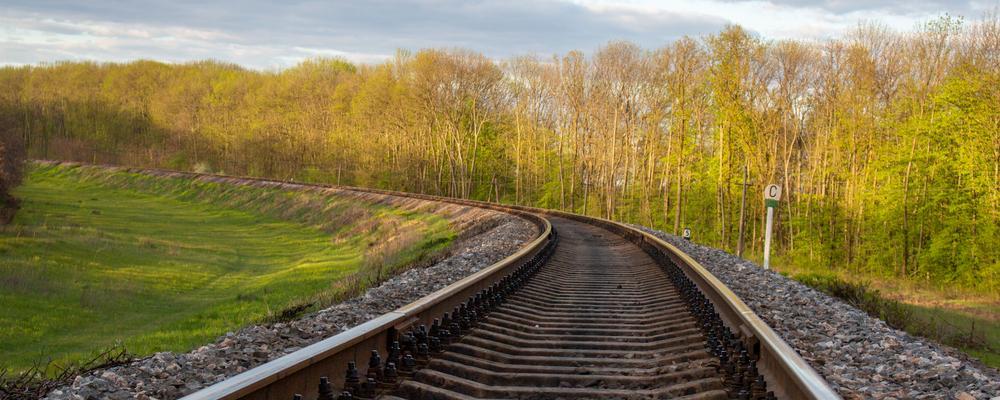Springfield, IL Train Accident Attorney

Lawyers for Train Collisions and Railroad Crossing Injuries in Bloomington, Champaign, and Decatur
Of all the dangers that affect drivers, pedestrians, and other people, trains are among the most deadly. Freight trains and passenger trains dwarf even the largest vehicles on the roads, and a collision between a train and a car, truck, or pedestrian is likely to lead to serious or fatal injuries. A major train collision or derailment can also cause serious injuries to a train's passengers. If you have been injured in a train accident, a skilled personal injury attorney can help you find out who was responsible and ensure that you are properly compensated for your injuries.
At Kanoski Bresney, we have over 40 years of legal experience representing those who have suffered serious injuries. We know the legal issues involved in train accident cases, and we will fight to help you receive financial compensation that will fully address the impact your injury has had on your life. We have obtained more than $400M in verdicts and settlements for our clients, and we will work to make sure you receive the respect, response, and results you need.
Train Accident Injuries in Central Illinois
Every year, there are more than 100 collisions between trains and motor vehicles in Illinois, and these result in dozens of injuries and deaths. While many of these collisions occur in Chicago and the surrounding areas, central Illinois also sees its fair share of train accidents. In addition to situations where a train collides with a car or truck, people on foot can suffer catastrophic injuries if they are struck by a train, and this can happen when a pedestrian is crossing a railroad track or is walking near a moving train.
The vast majority of train accidents take place at railroad crossings where roads or highways intersect with train tracks. In some cases, these collisions may occur because of missing or malfunctioning traffic control signs and devices. Flashing lights and bells should warn drivers that a train is approaching, and many intersections include automatic gates that prevent cars from crossing the tracks when it is unsafe to do so. Railroad crossings can be especially dangerous on many of the rural roads and highways in central Illinois, since signs or signals may be less obvious, or crossings may not be well-maintained. If traffic control devices are not working properly, or if a railroad crossing does not have the proper signs and signals, a railroad company may be responsible for the injuries suffered in a collision.
Operator error is another potential cause of train accidents, and this may include traveling faster than is safe, failing to sound a horn if a person or vehicle is in the path of a train, or failing to slow down or stop in time to avoid a collision with an obstacle on the tracks. Passengers on trains may also suffer injuries if a train starts or stops abruptly.
Faulty or malfunctioning equipment can also lead to dangerous accidents. If a train's brakes, engine, couplings between cars, or other systems are not working correctly, or if railroad tracks or switches are not properly maintained, this can lead to dangerous collisions. In the worst cases, a train may derail, resulting in serious injuries to multiple parties and massive property damage.
Contact a Peoria Railroad Accident Lawyer
If you or a member of your family have been injured in a train accident, Kanoski Bresney can help you understand the best ways to receive payments that will allow you to make a recovery. Whether your injury was the fault of a railroad company, a negligent driver, a manufacturer of defective parts, or another party, we will fight to make sure you are fully compensated for your injuries. Contact our office at 888-U-COUNT-2 or 888-826-8682 to arrange a free consultation today. We serve clients in Bloomington, McLean County, Springfield, Sangamon County, Decatur, Macon County, Champaign, Champaign County, Peoria, Peoria County, Quincy, Adams County, Rushville, Schuyler County, Macomb, McDonough County, Pekin, Tazewell County, and throughout the state of Illinois.









